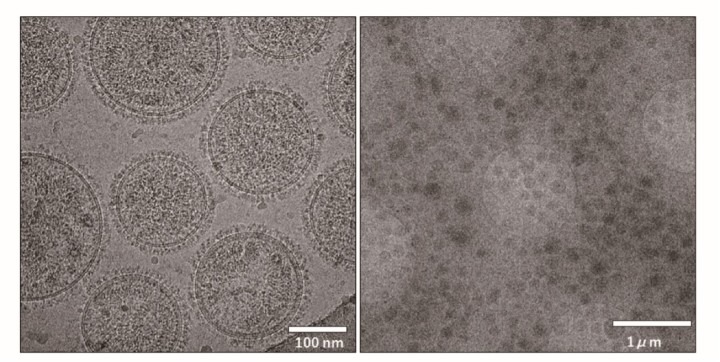What we need to do to prepare for the next pandemic
The COVID-19 pandemic affected all of our life. We need to establish effective clinical care for the future.It should be based on a fundamental understanding of molecule biology.
We are conducting multifaceted research on how low concentration ethanol vapor affects each virus.
We study how the safety chemical of ethanol (EtOH) alters the entry protein by observing under cryo-electron microscopy at the atomic level, how the virus titler may be reduced by EtOH on model cells in vitro, and how much improvement can we see in infected mice.
This study was initially started by our theoretical study in 2020 (arXiv:2003.12444).
We use Influenza virus and Newcastle virus, which are enveloped viruses such as SARS-COV2 (COVID-19), as our research materials.
We found that ethanol vapor using 50% v/v concentration reduced influenza virus in the lung and could improve survival in the mouse model and conducted in collaboration with Ishikawa Unit at OIST, which has been published in the Journal of Infectious Diseases.
"Effect of ethanol vapor inhalation treatment on lethal respiratory viral infection with Influenza A" Miho Tamai, Seita Taba, Takeshi Mise, Masao Yamashita, Hiroki Ishikawa, Tsumoru Shintake The Journal of Infectious Diseases (2023). doi: 10.1093/infdis/jiad089.
Media coverage of our work can be found here.
The images of Newcastle Disease Virus, acquired by 300 kV cryo-TEM
We will comprehensively investigate the effects of EtOH vapor on enveloped viruses using a variety of methods, including cryo-electron microscopy, micro-CT, cell experiments, mouse experiments, and in vitro tests, and apply these results to clinical practice in Okinawa.






